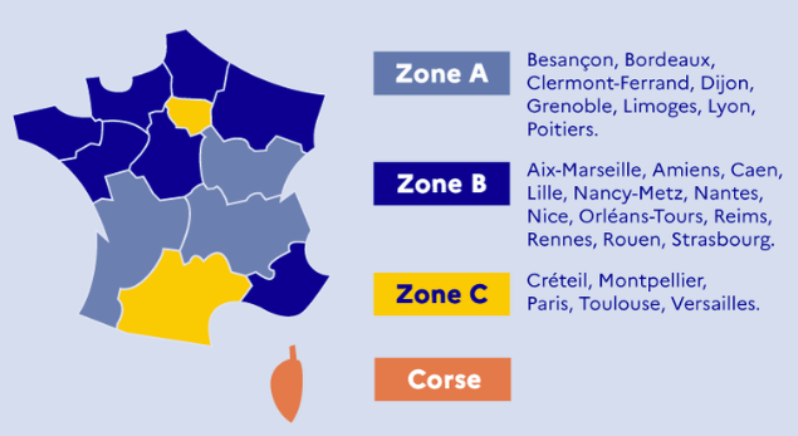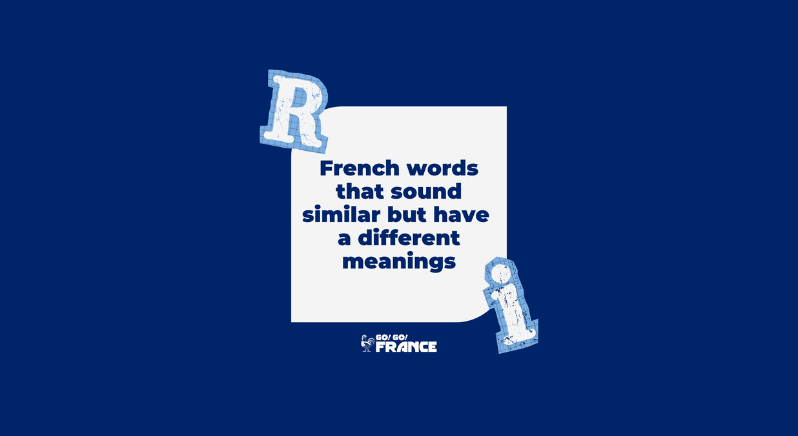French cuisine is celebrated worldwide for its sophistication, diverse flavors, and exquisite techniques.
Here are three different types of French cuisine you need to try when visiting France.
Classic French cuisine
Classic French cuisine, also known as Haute cuisine, is the epitome of culinary excellence. It’s characterized by its meticulous preparation, elegant presentation, and emphasis on fresh, high-quality ingredients.
This style of cooking often involves complex techniques and rich sauces, resulting in dishes that are both visually stunning and flavorful.
Some iconic examples of classic French dishes include:
- Coq au vin: A hearty stew of chicken braised in red wine, lardons, mushrooms, and onions.
- Boeuf bourguignon: A flavorful beef stew slow-cooked in red wine, typically with beef broth, onions, garlic, and mushrooms.
- Soupe à l’oignon: A classic French onion soup with caramelized onions in a rich beef broth, topped with a crusty crouton and melted Gruyère cheese.

Regional French cuisine
In France, each region boasts its own unique specialties, reflecting local ingredients, traditions, and cultural influences.
Some of the prominent regional cuisines of France are:
- Normandy: Known for its abundance of seafood, apples, and dairy products, resulting in dishes like Moules à la Normande (mussels cooked in cider and cream) and Tarte Normande (apple tart).
- Brittany: Famous for its savory buckwheat crêpes (galettes), often filled with cheese, ham, or eggs, and fresh seafood like cotriade (fish stew) and oysters.
- Alsace: Influenced by German cuisine, featuring hearty dishes like choucroute (sauerkraut), baeckeoffe (a meat and potato stew), and flammekueche (Alsatian tart with bacon, onions, and crème fraîche).
- Provence: Characterized by the use of olive oil, herbs like lavender and rosemary, and fresh vegetables like tomatoes, zucchini, and eggplant, resulting in vibrant and flavorful dishes like ratatouille and bouillabaisse (fish stew).
- Basque Country: Known for its unique culinary traditions, including dishes like piperade (a Basque stew with tomatoes, peppers, and eggs) and Gateau Basque (a traditional cake filled with cherry jam or pastry cream).

Modern French cuisine
Modern French cuisine is a dynamic and evolving culinary landscape that embraces innovation while honoring traditional techniques. Chefs are constantly experimenting with new ingredients, flavors, and presentations, pushing the boundaries of French gastronomy.
Some trends in modern French cuisine include:
- Fusion cuisine: Combining French techniques with flavors and ingredients from other cultures, such as Asian-inspired dishes with soy sauce, ginger, and lemongrass.
- Molecular gastronomy: Using scientific principles to create innovative textures and flavors, like foams, spheres, and gels.
- Farm-to-table dining: Emphasizing locally sourced, seasonal ingredients to create fresh and sustainable dishes.
For more delicious insights, regional specialties, and culinary adventures, visit our Go! Go! France blog.











